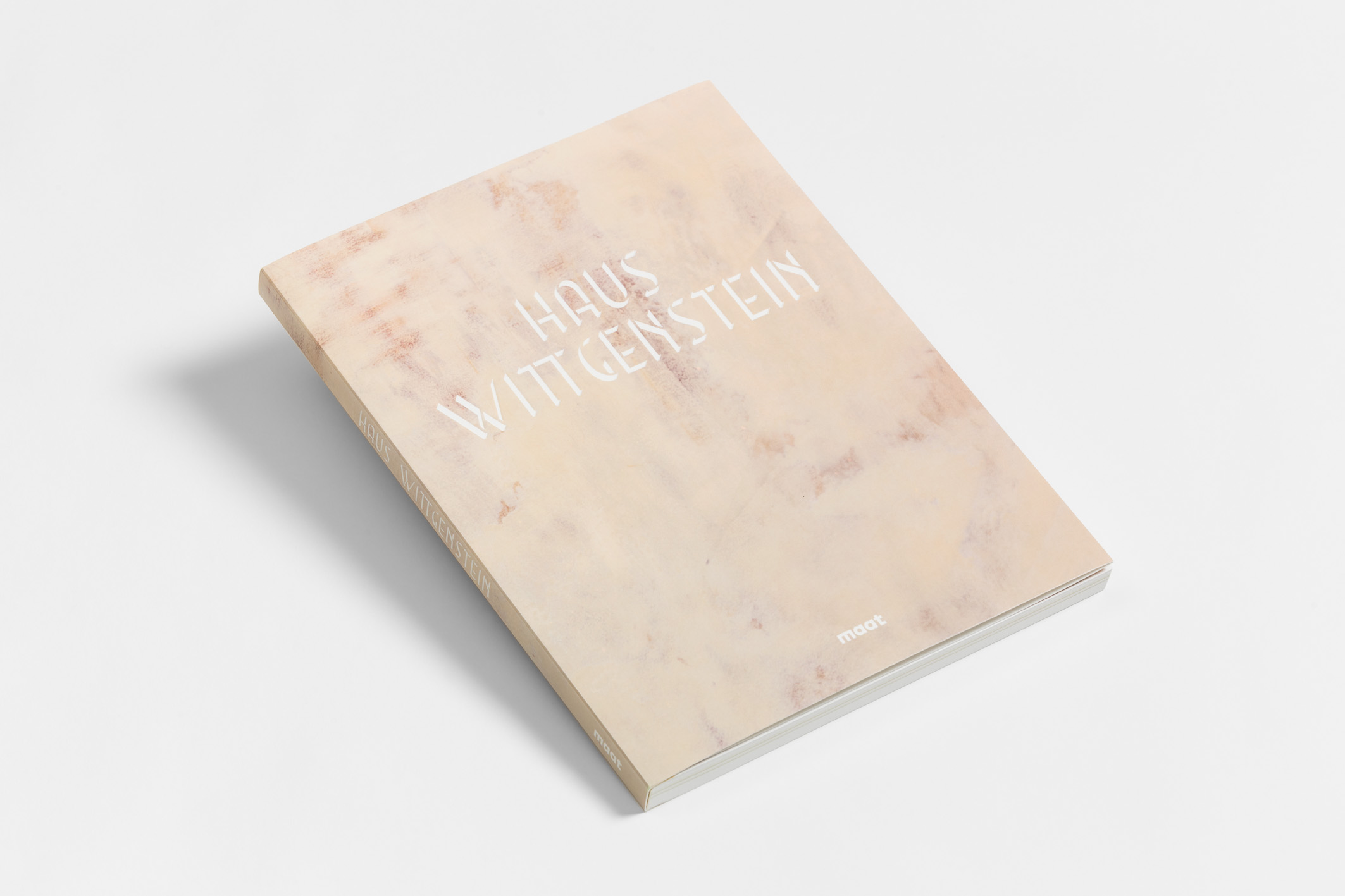CURATORIAL
NEWS
CONTACT
BIO
TOP
WORK
A Casa, Ana de Almeida - MAAT, Lisbon (2018 PT)
A Casa, sculpture proportions (window and vestibule door)
MDF, stucco-lustro, stereo sound
42 min 5 s (loop)
Dimensions variable
Courtesy Wien Museum
Audio Testimonials
Bernhard Leitner (artist and architect responsible for the start of the 1971 Wittgenstein Salvation campaign in the face of the threat of demolition), Pierre Stonborough (grandson of Margarete Stonborough and great-nephew of Ludwig Wittgenstein), Radmila Schweizer (Secretary-General of the Wittgenstein Initiative)
Eine kleine Hausmusik
Intermezzo by Christian Wimplinger
Books available for consultation
Saving the Wittgenstein House Vienna from Demolition: A Documentation 06/1969-21/06/1971 – Leitner, Bernhard. Vienna: Ambra 2013 (DE/EN)
Ludwig Wittgenstein. Ein biographisches Album von Michael Nedo – Nedo, Michael. München: C.H. Beck, 2012
Wittgenstein. Wiener Secession. Biographie Philosophie Praxis – Wien: Secession, 1989 (catalogue of the exhibition Das Spiel des Unsagbaren. Ludwig Wittgenstein, Wiener Secession, Wien, 1989)
Die fünfte Säule – Viena: Secession, 2011 (catalogue of the exhibition Die fünfte Säule, Wiener Secession, Wien, 2011)
Segundo as Leis do Belo – Jivkova, Liudmila. Lisboa: Editorial Avante, 1988
Articles
Leitner, Bernhard – “Wittgenstein’s Architecture”, in Artforum (February 1970), New York
Glueck, Grace – “A Brueghel from Harlem”, in Art Notes, The New York Times (Sunday, 22 February 1970), New York
Photographs
Bernhard Leitner
Heike Hubert
Articles and photographs courtesy of Bernhard Leitner
Likewise a collage, A Casa (The House) assembles a collection of documents about the House Wittgenstein in Vienna. As a sculpture, it shares the aesthetic and architectonic language of the house as the two display units are a transposition and folding down of two of its architectonic elements, a window and the vestibule door. They serve as support for the exhibition of documental material such as letters, photos and incorporate an audio piece with interviews led by the artist. The pieces finished with stucco-lustro, a coating technique proliferating in Vienna on the turn to the 20th century, are an interpretation of how could the original coating of the walls of the House Wittgenstein have looked like before they were painted white after World War II. The highlighting of the stucco-lustro architectonic detail points out to a fundamental discovery for the understanding of the house as aesthetic experiment in which the house interiors, composed by materials which evoke extreme hardness, seem to dematerialize through the highly reflecting properties of the walls, driving the house away from a modernist interpretation and its frequent comparison to the architecture of Loos.

Haus Wittgenstein, exhibition catalogue
Cover designed after the stucco-lustro coating of A Casa
Photo: Bruno Lopes
FROM FAT AND THE CITY
2016 | dienstag abend No.84 | In Search of the Miraculous
WORK
FROM FAT AND THE CITY
ARCHIPELAGO MOUNTAIN
2021 | Memória Dissolvente / Dissolving Memory
THE COLLECTIVE ARCHIVE
LARP
CASA WITTGENSTEIN
AL WAHDA
INHABITED PROJECTIONS
TRINOMIAL
NEMHC
THE FOX DEN
BLOCK TV
UNIFORMA
VER NAVIOS PASSAR
GUIDED TOUR
NEWS
CURATORIAL
TEXTS/TALK/TEACHING
CONTACT
BIO
2021-2022 | Memória Dissolvente
THE COLLECTIVE ARCHIVE
2020 | NOVA
2019 | The Collective Archive III
2020 | NOVA
2017 | Untitled Yellow
2018 | A Casa
A Casa, Ana de Almeida - MAAT, Lisbon (2018 PT)
A Casa, Ana de Almeida - MAAT, Lisbon (2018 PT)
A Casa, Ana de Almeida - MAAT, Lisbon (2018 PT)
A Casa, Ana de Almeida - MAAT, Lisbon (2018 PT)
LINK Wien Museum Collection
LINK MAAT #nowatmaat Interview with Ana de Almeida
2023 | Fat History
CINEMA
2022 | Fliegende Hunde (Flying Dogs)
ARCHITECTURE
HAUS WITTGENSTEIN
ARCHIPELAGO MOUNTAIN
OTHER
LEHRERINNENBILDUNGSANSTALT WIEN
2023 | Afterwork
2022 | What's Left to Steal
ARCHIVE
ELIZZA 2.0
NOVA
WORKERS' LIBRARY EBENSEE
2024 | Brandungen. Die Entstehung der Sprache aus dem Wasser
2024 | Between Revolutions
TEXTS /TALK/TEACHING
Donau Festival | Forum Frohner, Krems AT
Näyttelyohjelma | UNIARTS, Helsinki FI
Franz Josefs Kai 3, Vienna AT
Gallery 5020, Salzburg AT
Semperdepot | Akademie der Bildenden Künste Wien, Vienna AT
Wroclaw European Capital of Culture PL
Kunsthalle Exnergasse, Vienna AT
Salon für Kunstbuch | 21er Haus, Vienna AT
Kunstraum _LOVE, Vienna AT
2016 | dienstag abend No. 83
Laakos Projects, Heraklion, GR
2016 | dienstag abend No. 85
KLUCKYLAND, Vienna AT